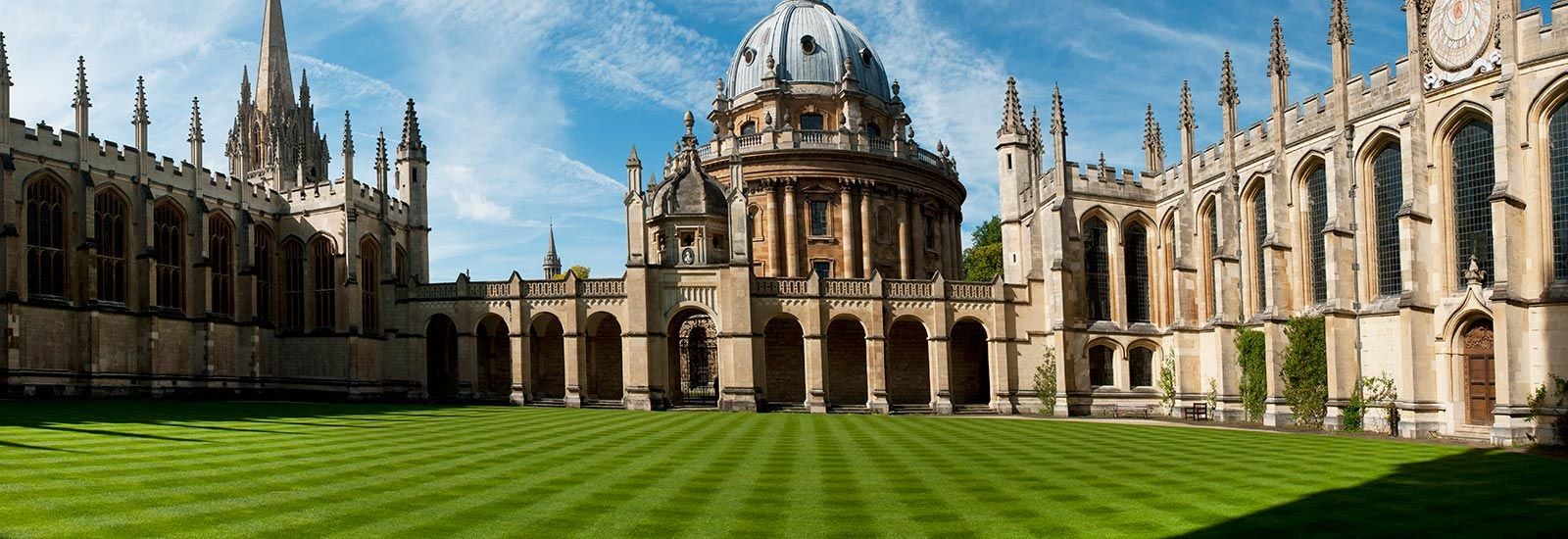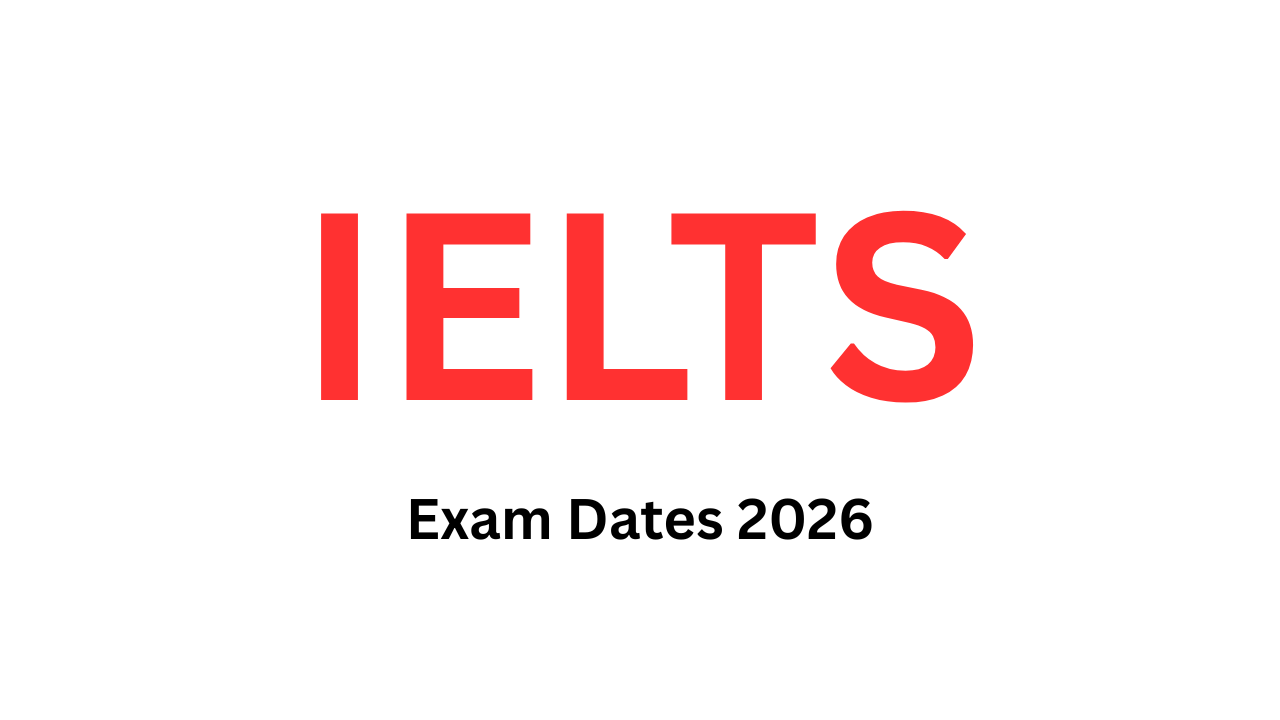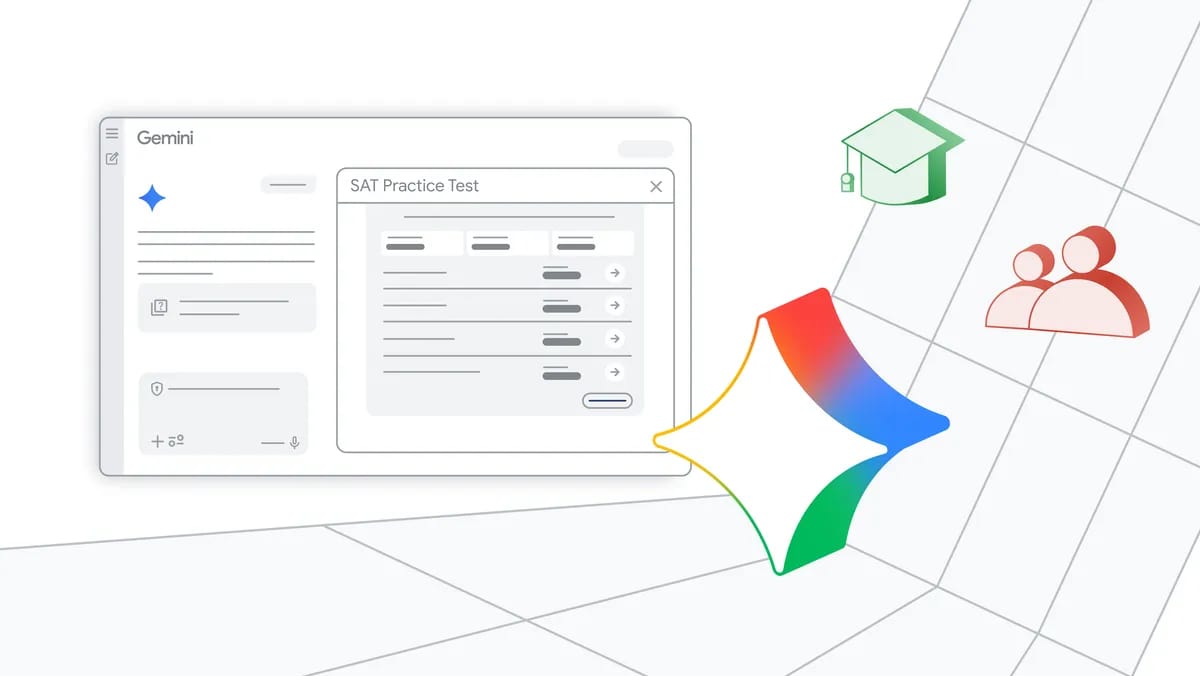The University of Oxford is globally recognized for its academic excellence, influential research, and historic prestige. According to the QS World University Rankings 2025, Oxford is ranked #3 worldwide, making it a top choice for students who aspire to a transformative education and outstanding career opportunities. Admission is highly competitive, but with careful planning and a strong application, you can maximize your chances of success.
Why Study at Oxford University?
Oxford offers a world-class education with access to leading experts, cutting-edge research, and state-of-the-art facilities. Students benefit from:
- Top-tier research and innovation in fields like AI, engineering, physics, and biotechnology.
- Renowned faculty and resources that foster academic and personal growth.
- Global recognition opens doors to prestigious careers.
- Financial support through scholarships and funding worth over £9.5 million for international students.
- A diverse, inclusive community with students from over 150 countries.
How to Get Into Oxford University
Oxford is extremely competitive, with an overall acceptance rate of 17% and just 3.9% for Indian students. The university receives thousands of applications from high-achieving students worldwide, so only those with exceptional academic records and well-rounded profiles are admitted.
Application Process
Research Your Course: Explore Oxford’s wide range of undergraduate and postgraduate programs. Choose the course that aligns with your interests and review its specific entry requirements, including subject prerequisites and grades.
- Check Eligibility: International students, including those from India, must meet Oxford’s academic standards. For undergraduate entry, this usually means A-levels, IB, APs, or one year of relevant university study with top marks. For postgraduate programs, a first-class undergraduate degree (GPA 3.5+/75–80%) is typically required.
- Prepare Documents: Gather official transcripts (with English translation if needed), a strong personal statement, academic references, and any required written work or portfolios. For postgraduate courses, you may also need a Statement of Purpose or research proposal.
- Register for Admissions Tests: Many courses require subject-specific entrance exams (e.g., MAT, BMAT, LNAT, TSA). Register by September and take the test in October or November.
- Apply via UCAS (Undergraduate): Submit your application through the UCAS portal. This is earlier than most UK universities. For postgraduate courses, apply directly via the Oxford application portal; deadlines are typically between January and March.
- Interview: Shortlisted applicants are invited to an online or in-person interview in December. The interview assesses your academic ability, subject knowledge, and critical thinking skills.
- Receive Decision: Admission offers are usually made in January for undergraduates and between March and May for postgraduates.
Eligibility Requirements
Undergraduate:
- Outstanding marks in Class 12 board exams or equivalent.
- Accepted qualifications: A-levels, IB Diploma, APs, or one year of university study with excellent results.
- Strong personal statement and academic reference.
- Required admissions test scores.
- Proof of English proficiency: IELTS Academic 7.0 (no section below 6.5) or TOEFL iBT 100.
Postgraduate:
- First-class undergraduate degree (GPA 3.5+/75–80%).
- Certified transcripts and English proficiency as above.
- Statement of Purpose or research proposal.
- Two academic references.
- GRE/GMAT scores if required (e.g., MBA: GMAT 650+ recommended).
- Relevant work experience for professional courses (e.g., MBA).
Scholarships Students Can Grab
Rhodes Scholarship for India
- Eligibility: Indian citizens applying for bachelor’s, master’s, or MPhil/BPhil/DPhil programs at the University of Oxford
- Coverage/Benefits: Fully funded scholarship covering tuition, living expenses, travel, and stipend
Chevening Scholarship
- Eligibility: Citizens of Chevening-eligible countries, including India, apply for master’s degree programs in the UK.
- Coverage/Benefits: Fully funded scholarship covering tuition, living allowance, airfare, and other expenses
Charles Wallace India Trust
- Eligibility: Indian students pursuing a master’s degree in arts or heritage conservation at UK institutions
- Coverage/Benefits: Partial funding for tuition and living expenses
J.N. Tata Endowment Awards
- Eligibility: Indian students pursuing Master’s, PhD, or Post-Doctoral Fellowships abroad
- Coverage/Benefits: Loan scholarships covering tuition and living expenses with flexible repayment terms
Required Amount
- Tuition Fees (Per Year): USD 33,500–71,500 (INR 28–80 lakhs)
- Application Fee: USD 75 (INR 7,170 )
- Student Visa Fee: USD 450 (INR 62,951)
- Immigration Health Surcharge: USD 590 (INR 49,350 per year)
- Living Expenses (Per Year): USD 12,000–18,000 (INR 10–15 lakhs)
Deadlines
- Undergraduate (UCAS) deadline: October
- Postgraduate deadlines: January to March (varies by program)
- Admissions test registration: September
- Admissions tests: October or November
- Interviews: December
- Decisions: January (undergraduate), March to May (postgraduate)
Key Tips for a Successful Application
- Start preparing early, especially for entrance tests and personal statements.
- Ensure all documents are accurate and submitted before the deadline.
- Apply for scholarships as soon as applications open.
- Prepare thoroughly for interviews, focusing on your subject knowledge and analytical skills.
- A consultant with experience in studying abroad, a consultant like EduNirvana.
Conclusion
Securing admission to the University of Oxford is a challenging yet rewarding journey. With its world-class faculty, innovative research opportunities, and global reputation, Oxford offers an unparalleled educational experience. By starting early, staying organized, and seeking expert guidance, like EduNirvana, you can present a compelling application and take your first step toward joining one of the world’s most prestigious academic communities.











